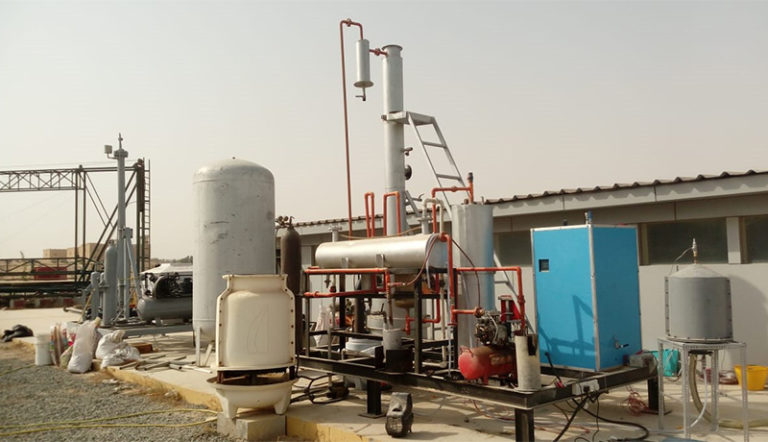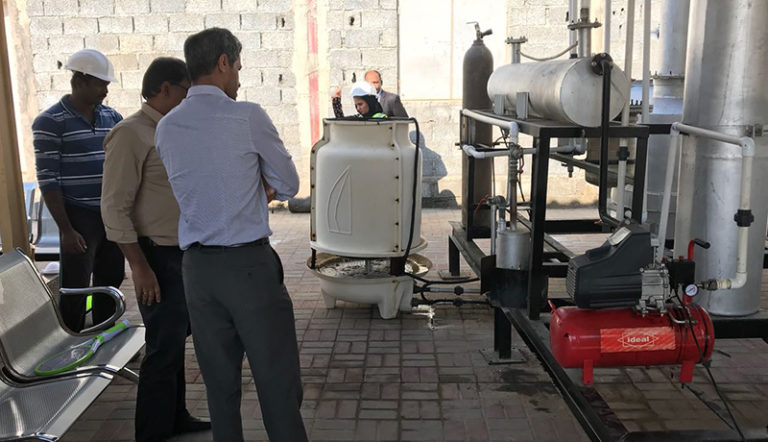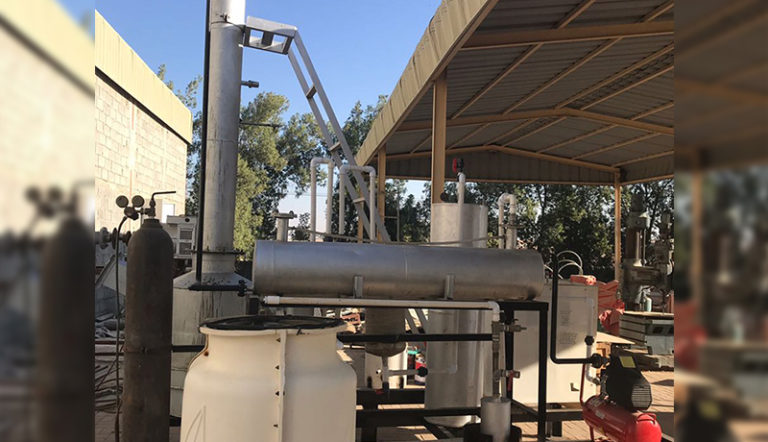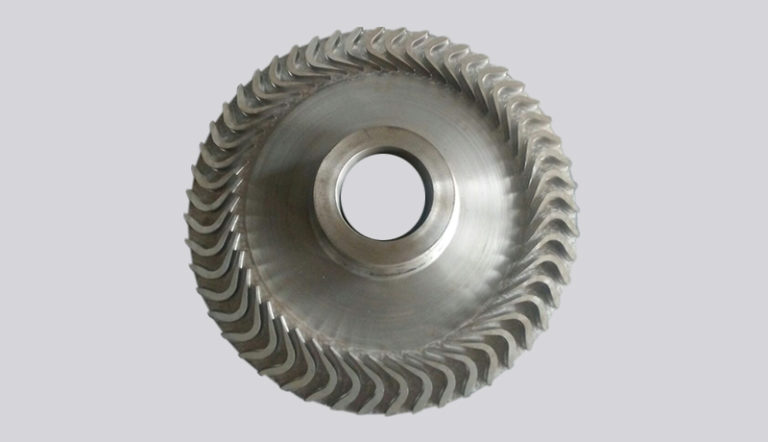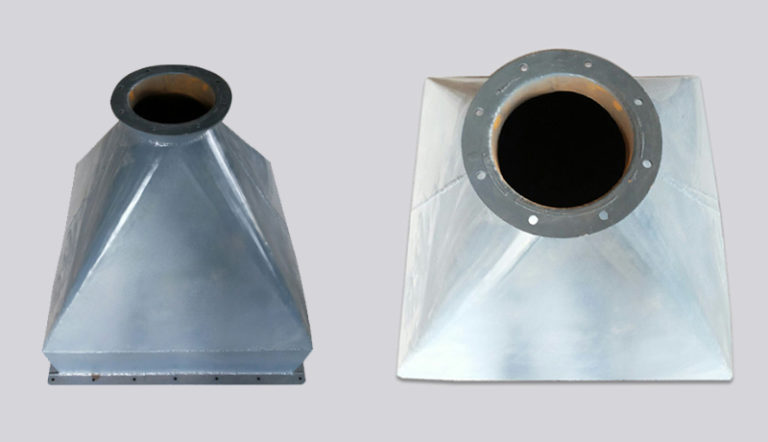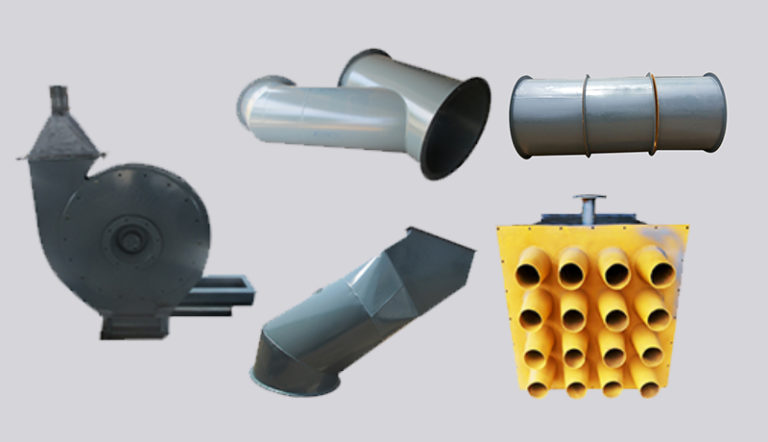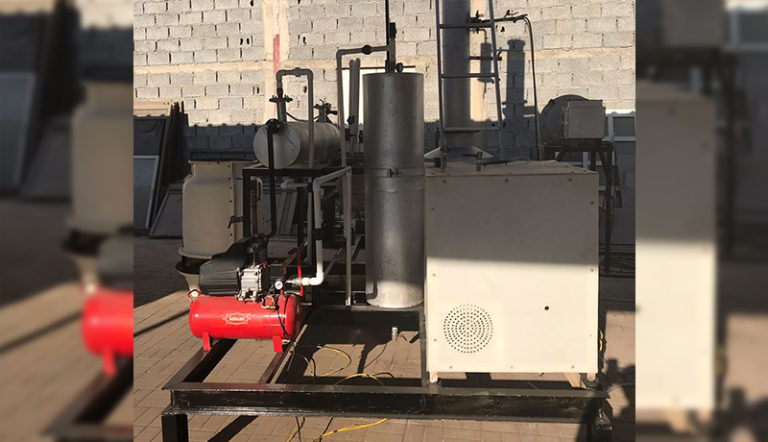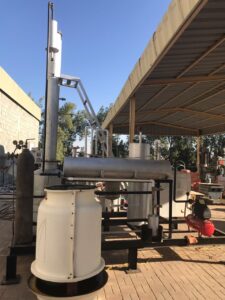The waste-to-methanol (WtM) process and related economics are assessed to evidence that WtM is a valuable solution both from economic, strategic and environmental perspectives. Bio-methanol from Refuse-derived-fuels (RdF) has an estimated cost of production of about 100 USD/t for a new WtM 100 t/d plant.
With respect to waste- to-energy (WtE) approach, this solution allows various advantages. In considering the average market cost of methanol and the premium as biofuel, the WtM approach results in a ROI (Return of Investment) of about 29%, e.g. a payback time of about 4 years. In a hybrid scheme of integration with an existing methanol plant from natural gas, the cost of production becomes a profit even without considering the cap for bio-methanol production. The WtM process allows to produce methanol with about 40% and 30–35% reduction in greenhouse gas emissions with respect to methanol production from fossil fuels and bio-resources, respectively.


